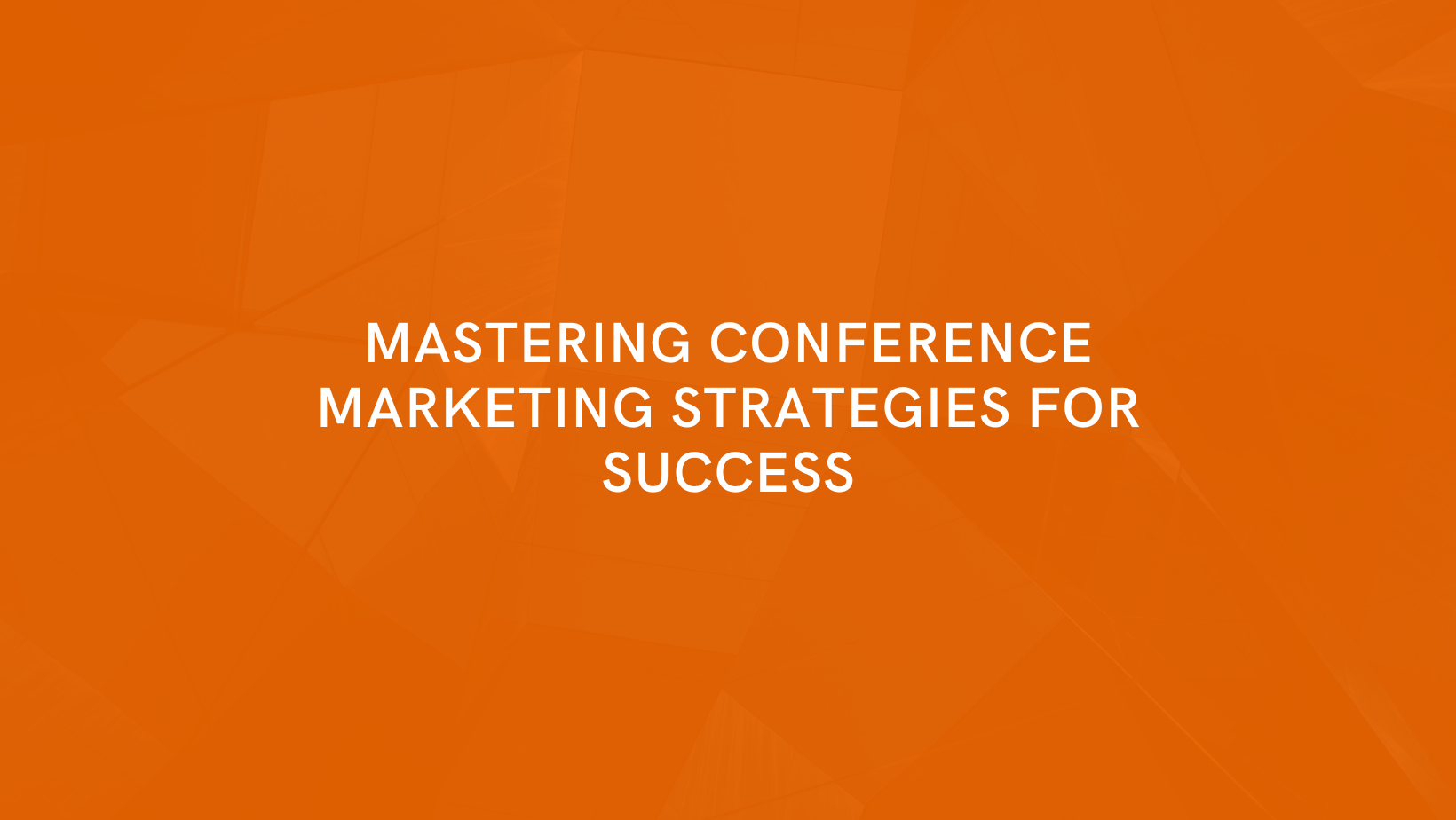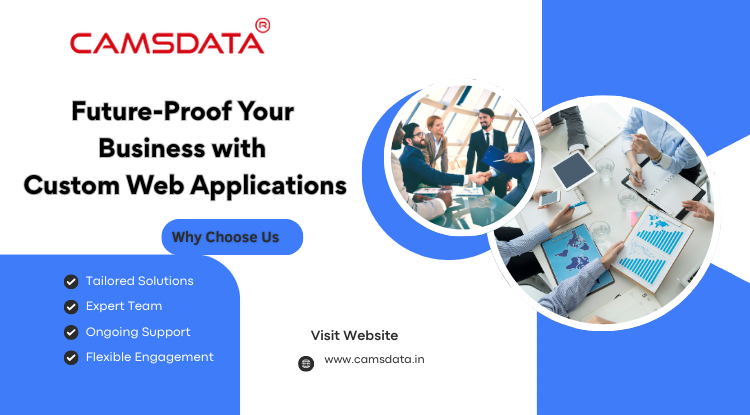Conferences serve as invaluable platforms for networking, learning, and showcasing your brand. However, the sea of attendees and the competitive landscape can make it challenging to stand out. To ensure your conference presence is a resounding success, a well-thought-out marketing strategy is imperative. In this blog post, we’ll delve into comprehensive conference marketing tips to help you make the most of these opportunities.
What Is Conference Marketing?
Conference marketing refers to the strategic efforts and activities undertaken by businesses or organizations to promote their participation in conferences, trade shows, expos, and similar events. These events serve as opportunities for companies to showcase their products, services, expertise, and brand identity to a targeted audience.
Conference marketing encompasses a wide range of activities, including:
- Pre-Conference Promotion: This involves building awareness and generating interest in the event before it takes place. It may include activities such as email marketing, social media promotion, content creation, and advertising.
- Booth Design and Setup: For physical conferences, businesses often set up booths or exhibition spaces to showcase their offerings. The design and layout of these booths are crucial in attracting and engaging attendees.
- Collateral Creation: This involves designing and producing marketing materials such as brochures, flyers, business cards, banners, and promotional items. These materials are typically distributed at the conference to provide attendees with more information about the company.
- Networking and Engagement: Actively participating in the conference, engaging with attendees, and establishing connections are vital components of conference marketing. This can include hosting events, attending sessions, and interacting with potential clients, partners, and industry peers.
- Presentations and Workshops: Some conferences allow businesses to host presentations, workshops, or panel discussions. This provides an opportunity to showcase expertise, share knowledge, and position the company as a thought leader in their industry.
- Post-Conference Follow-Up: Following the event, it’s important to continue the conversation with leads and contacts made during the conference. This may involve sending thank-you emails, providing additional resources, and nurturing leads towards conversion.
- Measurement and Analysis: Evaluating the success of the conference marketing efforts is crucial for future planning. Metrics such as booth traffic, lead generation, conversions, and return on investment (ROI) are commonly tracked.
Conference marketing is a powerful tool for businesses to connect with their target audience, generate leads, and establish a presence within their industry. It offers an opportunity to showcase products and services, gain valuable insights, and build relationships that can lead to long-term business growth. Additionally, it allows companies to stay updated on industry trends and competitor activities.
Why Do Conference Marketing?
Conference marketing is a vital component of a comprehensive marketing strategy for several compelling reasons:
- Networking Opportunities: Conferences bring together professionals, experts, and potential clients from a specific industry or field. This creates a fertile ground for networking, establishing connections, and building relationships that can lead to future collaborations or business opportunities.
- Showcasing Expertise: Participating in conferences allows businesses to showcase their expertise, knowledge, and thought leadership in a particular domain. This can help in building credibility and trust among peers, potential clients, and competitors.
- Brand Exposure and Awareness: Conferences provide a platform to increase brand visibility and awareness. Through effective marketing and a well-designed booth or presence, businesses can capture the attention of a targeted audience.
- Lead Generation: Conferences attract attendees who are often actively seeking solutions, products, or services related to the industry or field. This presents an excellent opportunity to generate leads and potentially convert them into customers.
- Market Research and Insights: Conferences offer a unique opportunity to gain insights into market trends, customer preferences, and emerging technologies. By interacting with industry peers and attendees, businesses can gather valuable information to inform their strategies.
- Competitive Intelligence: Conferences provide a snapshot of the competitive landscape. It allows businesses to observe what their competitors are doing, learn from their successes or challenges, and adapt their own strategies accordingly.
- Product Launches and Demonstrations: Conferences offer an ideal platform for launching new products or showcasing innovations. This enables businesses to create buzz, gain feedback, and generate interest from a concentrated audience of potential customers.
- Learning and Professional Development: Conferences often feature seminars, workshops, and presentations from industry experts. Attending these sessions can provide valuable knowledge and insights that can be applied to enhance business operations.
- Staying Updated on Industry Trends: The dynamic nature of most industries means that staying up-to-date with the latest trends, technologies, and best practices is crucial. Conferences offer a condensed and focused opportunity to learn about these developments.
- Fostering Company Culture and Team Building: Sending a team to represent the company at a conference can be a team-building exercise. It allows employees to work together in a different setting, learn from each other, and develop a stronger sense of camaraderie.
- Visibility to Media and Influencers: Conferences often attract media coverage and influencers from the industry. This presents an opportunity for businesses to get featured in industry publications or gain exposure through influencer partnerships.
In summary, conference marketing provides a multifaceted approach to achieving various marketing and business objectives. It offers a platform for networking, learning, showcasing expertise, generating leads, and staying competitive in a rapidly evolving business landscape.
1. Pre-Conference Preparation: Lay the Groundwork
a. Define Clear Objectives
Before diving into any marketing endeavors, it’s crucial to define clear and measurable objectives. Are you looking to generate leads, strengthen brand awareness, or establish thought leadership? Knowing your goals will guide your marketing efforts.
b. Audience Research
Understanding your target audience is fundamental. Research their demographics, pain points, and interests. Tailoring your message to resonate with them will significantly increase your chances of engagement.
c. Craft an Engaging Elevator Pitch
Develop a concise and compelling elevator pitch that succinctly communicates who you are, what you do, and why it matters. This will serve as the cornerstone of your conference messaging.
2. Digital Dominance: Leverage Online Channels
a. Optimize Your Website
Ensure your website is conference-ready. Create a dedicated landing page with pertinent information about your participation, including booth location, team members attending, and any exclusive offers.
b. Leverage Social Media
Harness the power of platforms like LinkedIn, Twitter, and Instagram. Announce your attendance, share teasers, and create engaging content that builds anticipation.
c. Email Campaigns
Utilize targeted email campaigns to reach your existing audience. Offer incentives for scheduling meetings or visiting your booth, such as early access to product demos or exclusive content.
3. Stand Out: Booth Design and Collateral
a. Eye-catching Booth Design
Invest in an eye-catching booth that reflects your brand identity. A well-designed booth not only attracts attention but also conveys professionalism.
b. Interactive Elements
Incorporate interactive elements like touchscreens, demos, or games to engage visitors. This provides a memorable experience and leaves a lasting impression.
c. High-Quality Collateral
Ensure you have professionally designed brochures, business cards, and giveaways that attendees will want to keep. These serve as tangible reminders of your brand.
4. Networking: Build Meaningful Connections
a. Host a Pre-Conference Event
Organize a pre-conference meetup or webinar to connect with potential attendees before the event. This establishes rapport and increases the likelihood of in-person meetings.
b. Engage in Conversations
Encourage your team to actively engage with attendees. Ask open-ended questions, listen attentively, and provide valuable insights. Meaningful conversations are more likely to lead to valuable connections.
c. Follow-Up Post-Conference
The conference doesn’t end when you pack up your booth. Send personalized follow-up emails, thanking attendees for their time and offering additional resources or solutions based on their interests.
5. Measure, Analyze, Improve
a. Track Key Metrics
Monitor metrics like booth traffic, lead generation, and social media engagement. These insights will help you gauge the effectiveness of your efforts.
b. Collect Feedback
Solicit feedback from your team and attendees. What worked well? What could be improved? Use this information to refine your strategy for future conferences.
c. Iterate Your Strategy
Apply the lessons learned to enhance your approach for the next conference. Adapt and refine your strategies to consistently improve your conference marketing endeavors.
In conclusion, successful conference marketing requires a strategic approach that encompasses pre-conference preparation, digital marketing, booth design, meaningful networking, and continuous improvement. By implementing these tips, you’ll be well-equipped to maximize your conference ROI and leave a lasting impression on attendees. Remember, a well-executed conference strategy can be a powerful driver of brand growth and recognition.





